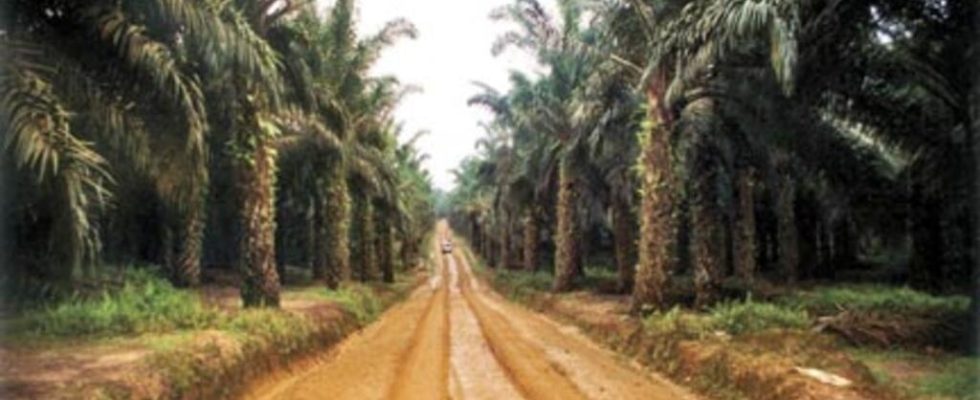In Senegal, a reforestation operation is coming to an end in 1,500 villages in the regions of Ziguinchor, Sédhiou and Kolda, in Casamance.
1 min
In a month and a half, 43,000 trees were planted out of the 50,000 scheduled. These are oil palms for local food, as explained to RFI by Haidar El Ali, former Senegalese Minister of the Environment and leader of this project.
“The Ministry of Agriculture is also responsible for food security. Unfortunately, with this war that broke out in Ukraine, many countries realized that they were dependent on food. Senegal imports CFAF 140 billion worth of refined palm oil. As I am a big planter, I was contacted to carry out this operation. It’s not modified seeds or so-called “Terminator” seeds that always keep you dependent on the seed supplier. This variety produces 4 tons of oil per hectare. I give them to people in their compound, in their field or in areas that have been deforested. For example, if you go to the region of Sédhiou, there are unfortunately huge areas that have been deforested since the colonial era, to cultivate groundnuts. These deforested areas today, we are going to turn them into nourishing forests and there will not only be palm trees, there will also be fruit forests. »
Read alsoSenegal: Casamance bled by heavy rosewood trafficking
